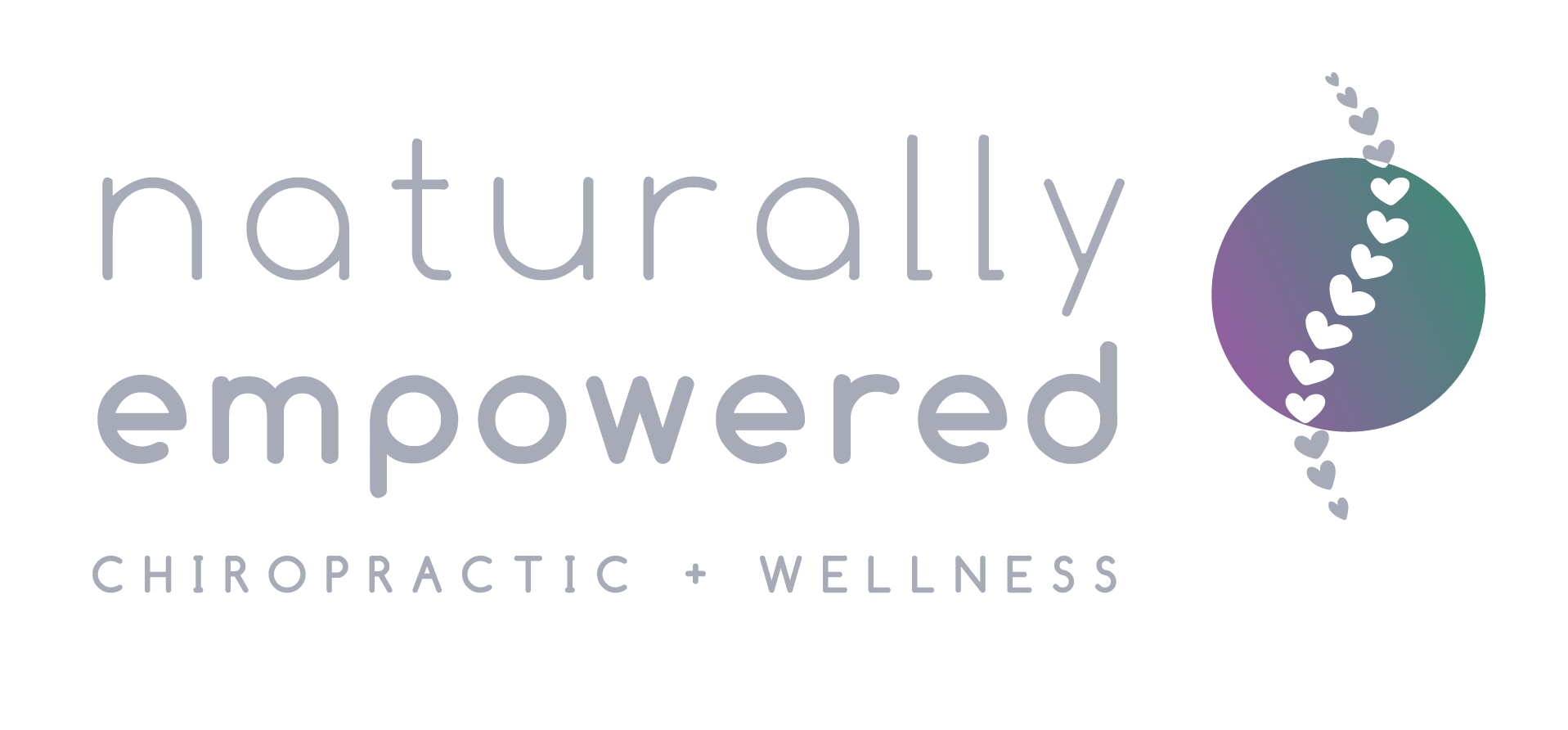Posture - More than Meets the Eye
How important is posture to you? Have you thought about it? When you go to a job interview do you think about it? How about when you go on a date? Maybe you do not think about your posture but do you think about the posture of others. What do you think about a person who has their shoulders slumped and belly out? What kind of image or interpretation comes to mind? Can I trust this person, is this person a model of productivity, can I trust them to come through for me and get the job done? Posture is a very important aspect of our health and well-being but, "Despite considerable evidence that posture affects physiology and function, the significant influence of posture on health is not addressed by most physicians."1 What we see and how we are seen plays a large part of our daily lives and influences greatly what we may be working to achieve with our families and in our careers.
Posture influences many body functions. "Spinal pain, headache, mood, blood pressure, pulse, and lung capacity are among the functions most easily influenced by posture." As the head moves forward all measures of health status are significantly reduced. Rene Cailliet, Director of the Department of Physical Medicine and Rehabilitation, University of Southern California, concluded that forward head posture can add up to thirty (30) pounds of abnormal leverage on the spine, reduce lung capacity by as much as 30%, which can lead to heart and blood vascular disease. He determined a relationship between forward head posture and the digestive system as well as endorphin production affecting pain and the experience of pain.
Posture affects how you look and how you feel but it can have more profound effects. A study in 2004 reported that bad posture can increase mortality. It was discovered that an increased curvature of the mid-back produces higher mortality rates in the elderly. Remember the days when grandma would tell us to sit up straight? Well it is time to check her posture and make sure she is not creating any unnecessary risk. The most dramatic study though comes from England where it was found that loss of height increases the risk of heart disease. As a part of the British Regional Heart Study scientists found that men who lost 3cm in height were 64% more likely to die of a heart attack than those who lost less than 1cm and that over the 20-year period of the study, men lost an average of 1.67cm, and that height loss was associated with a 42% increased risk of heart attacks, even in men who had no history of cardiovascular disease.
Most people don’t actually know what their posture is like. Unless someone takes a picture of you from the side, we don’t necessarily notice that our head is starting to go forwards. We may be aware that we slump when we sit, or it may just be “normal” and we never give it a second thought. Unless someone points it out (or if you’re a teenager, nags you), you’re unlikely to pay attention or to think about what can be done. It’s hard to change your posture from the “outside” because posture is an “inside experience” and is mainly controlled subconsciously by your nervous system, and is actually a representation of past and present experiences. A great example would be the “bullied child” posture, which we all recognize and can lead to the "bullied adult” posture later in life.
Posture is an extremely important indicator of health and one that is poorly addressed by the present model of health care. In a world where of incredible technological advances and access to information it is puzzling to see something so obvious so overlooked.

